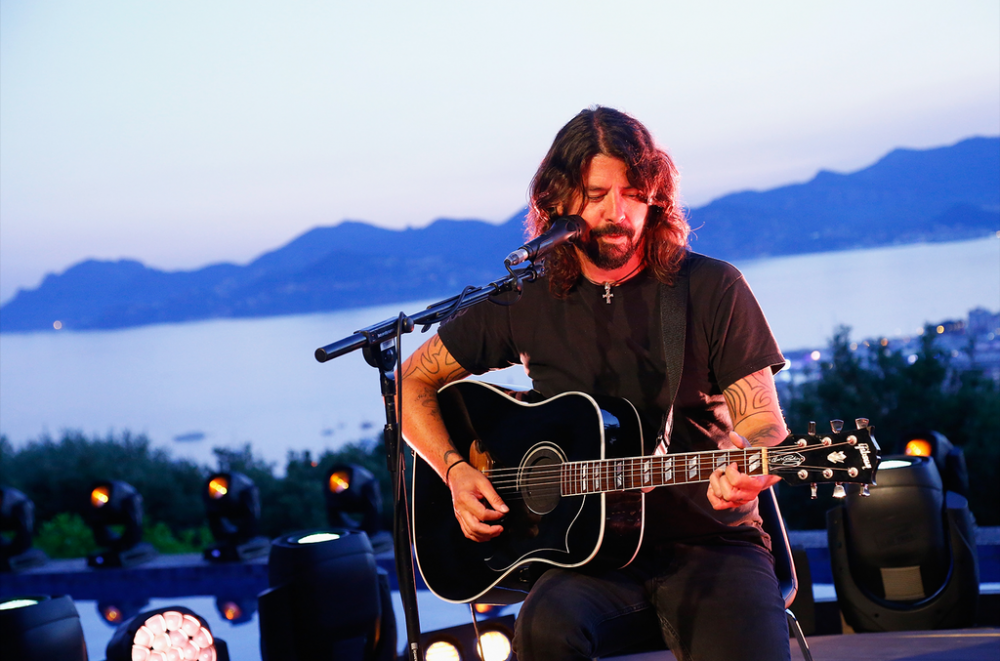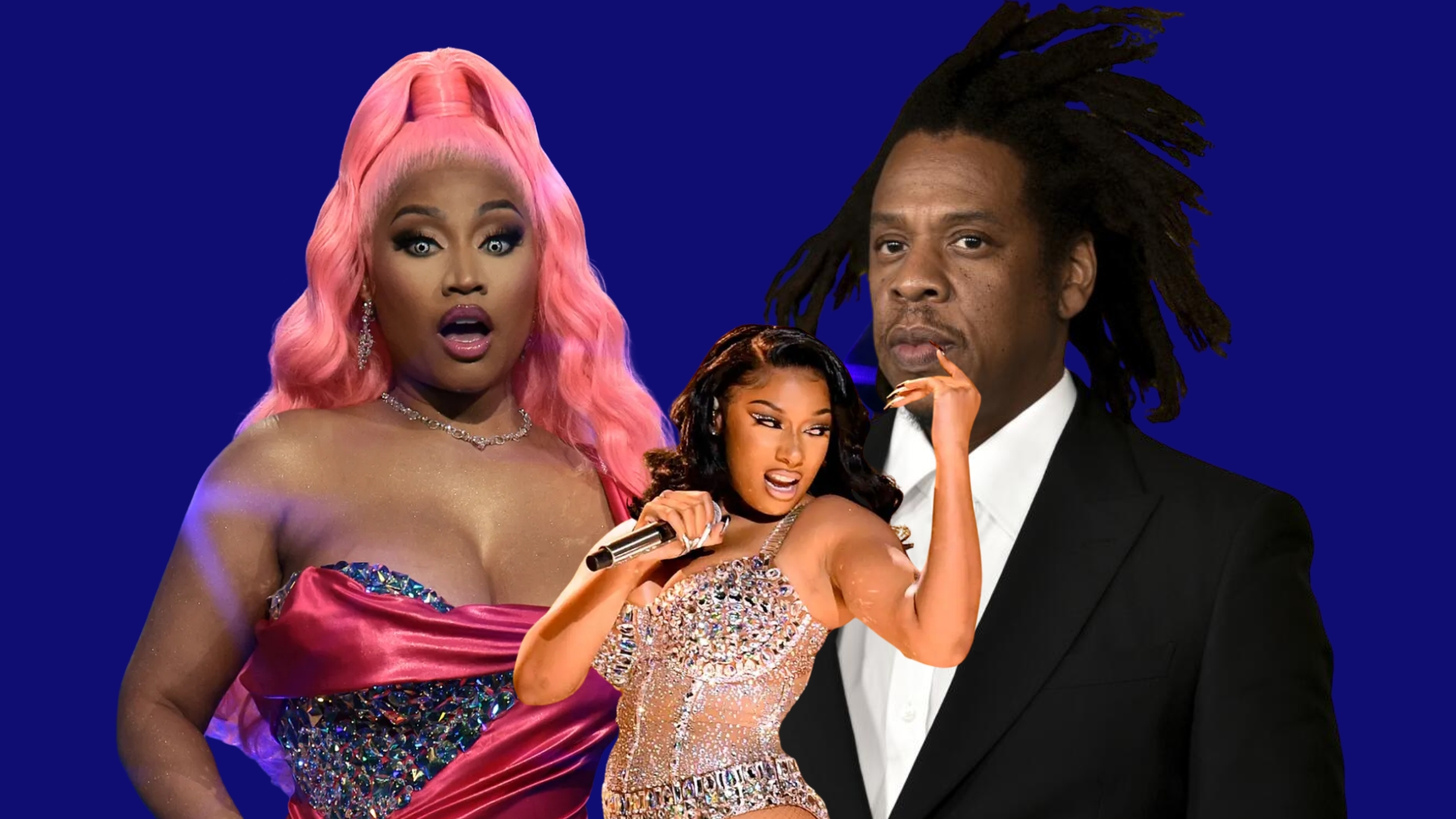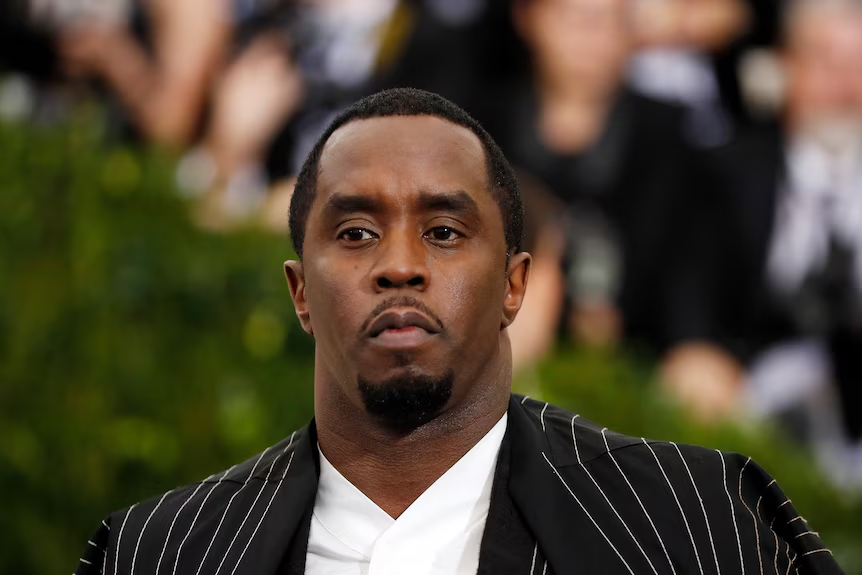Dave Grohl lives to rock. Performing for a massive crowd is the Foo Fighters‘ singer’s oxygen. If you’ve ever seen him perform you can tell that Grohl gets as much energy from an arena or stadium crowd as he gives, which is a huge amount. That’s why it’s not surprising that he’s super bummed to be at home, off the road, during the COVID-19 pandemic that has put his band’s plans to celebrate the 25th anniversary of their debut album this summer on ice.
Grohl wrote about his love of live music, the thrill of the crowd and that magical exchange of energy in an impassioned Op-Ed he wrote for The Atlantic entitled “The Day the Live Concert Returns.”
“Where were you planning to be on the Fourth of July this year? Backyard barbecue with your crankiest relatives, fighting over who gets to light the illegal fireworks that your derelict cousin smuggled in from South Carolina?” Grohl writes as part of the magazine’s ongoing Uncharted series about the way the world has been re-ordered by the global health crisis. “Or maybe out on the Chesapeake Bay, arguing about the amount of mayonnaise in the crab cakes while drinking warm National Bohemian beer? Better yet, tubing down the Shenandoah with a soggy hot dog while blasting Grand Funk Railroad’s ‘We’re an American Band?'”
The essay touches on the way live music has thrilled Grohl in the past, from watching the broadcast of Freddie Mercury and Queen playing Live Aid at Wembley Stadium in 1985 (“it wasn’t necessarily Queen’s musical magic that made history that day. It was Freddie’s connection with the audience that transformed that dilapidated soccer stadium into a sonic cathedral. In broad daylight, he majestically made 72,000 people his instrument, joining them in harmonious unison”) to the stunning opening of a U2 show in 2001 in D.C. that transformed a stadium spectacle into an intimate mind-blower.
“Unfortunately, the coronavirus pandemic has reduced today’s live music to unflattering little windows that look like doorbell security footage and sound like Neil Armstrong’s distorted transmissions from the moon, so stuttered and compressed,” he writes, noting that his July 4th was supposed to be celebrated at FedExField outside D.C. in front of 80,000 people.
“There is nothing like the energy and atmosphere of live music. It is the most life-affirming experience, to see your favorite performer onstage, in the flesh, rather than as a one-dimensional image glowing in your lap as you spiral down a midnight YouTube wormhole,” he says. Grohl describes the feeling of being “pressed against the cold front rail of an arena rock show,” air-drumming along to his favorite songs from the cheap seats, being crushed in a crowd and being swept up and carried to the stage by a sweaty crowd.
“Arm in arm, I have sung at the top of my lungs with people I may never see again. All to celebrate and share the tangible, communal power of music” he says, recalling a time when Bruce Springsteen stood in the crowd like a civilian at a Foo Fighters show (he was actually there to see the opening act) and later sent a personal, handwritten note that reminded Grohl that when he looked out at the audience he should see himself.
He hopes to see himself again soon. “Not to brag, but I think I’ve had the best seat in the house for 25 years. Because I do see you. I see you pressed against the cold front rails. I see you air-drumming along to your favorite songs in the distant rafters. I see you lifted above the crowd and carried to the stage for a glorious swan dive back into its sweaty embrace. I see your homemade signs and your vintage T-shirts. I hear your laughter and your screams and I see your tears. I have seen you yawn (yeah, you), and I’ve watched you pass out drunk in your seat.”
The essay concludes with a note of hope that we will see each other again too. “In today’s world of fear and unease and social distancing, it’s hard to imagine sharing experiences like these ever again,” he says. “I don’t know when it will be safe to return to singing arm in arm at the top of our lungs, hearts racing, bodies moving, souls bursting with life. But I do know that we will do it again, because we have to. It’s not a choice. We’re human. We need moments that reassure us that we are not alone. That we are understood. That we are imperfect. And, most important, that we need each other.”
Click here to read the full essay.


